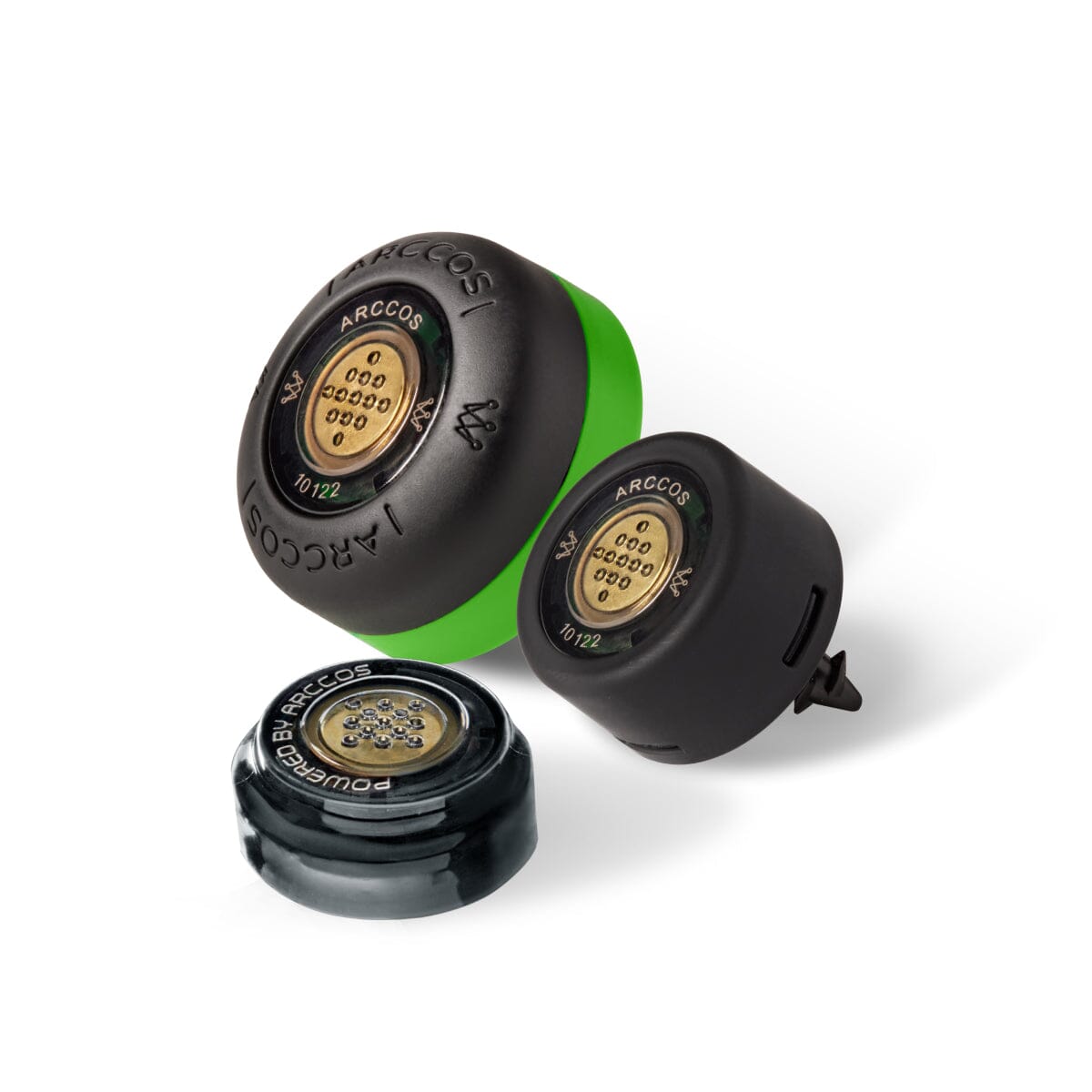
Hello, my name is Kyle and I, like so many of you, have a problem.
I do not believe this problem can be classified as an addiction, per se, but it is certainly addiction-adjacent. And while this particular addiction-adjacent problem is not considered a traditional vice, it certainly has the power to overwhelm every other part of my life to the point that I wake up thinking about it and fall asleep doing the same.
As you may have surmised based on where you’re reading this text, my problem — like many of you — is that I simply cannot get enough golf.
Watching it, sure. That’s my job (more on that in a bit). But if you are someone who finishes 18 and says internally, “I could really go for 18 more pretty easily and probably even 27,” I am your guy.
This literally happened to me a week ago. Some friends and I have a traditional New Year’s Eve game — there are usually eight of us — and the minute we got done in temperatures that I would not describe as “balmy,” all I could think about was how badly I wanted to go 18 more. I stared with envy at the foursome teeing off as we walked to our cars and packed up our gear.
The reason this is a problem is that I, like many of you, have a spouse and kids and a substantial life outside of my golf life. But man, I love that particular category of my life. Golf with friends. Golf with my kids. A few hours to put the phone away and think about how “if I could just hit a trapped 6-iron or a 54 degree spinner with any consistency whatsoever, I could definitely get it under 75.”
Like I said, my name is Kyle, and I started my golf career at CBS Sports in 2012 when I was hired as the lead writer (and eventually podcaster and sorta-YouTuber). I did that job for 12 years, and it was the absolute best.
But that’s not really where my golf life started. My golf life started in 1985 when I was born in Tulsa, Oklahoma. My mother was an elite amateur golfer. She played in a couple of U.S. Women’s Amateurs and myriad other USGA events while growing up in the midwest..
That DNA weaved its way in and out of my life over the next several decades, and like many people my age (I’m 39), I found myself gravitating toward golf in my late 20s and early 30s because, well, 1. It was my job and 2. It was something competitive and active that didn’t require stress on muscles only 18 year olds should be using.
Traveling the world — going to places like Scotland, Rome and, uh, Rochester — I fell in love with the game. There is little I enjoy more about my job than sitting down with other media members or friends or players and getting steep on something ridiculous like ball flight, hip rotation or spin rate.
After 12 years at CBS Sports, where I wrote let’s call it 3 million words about golf, covered 47 majors, five Ryder Cups and wrote and published three books, I launched my own business last October. It’s a newsletter about golf called Normal Sport, which is a tongue-in-cheek nod to the fact that golf is the least normal sport that has ever been invented.
Pool noodles used as swing devices on the driving range? Yes.
Grown men taking off their pants to swing sticks in mud? We have that.
Giraffes galloping down the fairway events for millions of dollars? Yes.
Unlike a lot of people who play golf, I didn’t grow up playing. I played baseball instead. So one of the unique angles I bring to the game is seeing some of the moments above — seeing how normalised they have become! — and calling them out as the least normal thing in the world (which they are).
Over the next several months, I will be contributing to the Arccos blog, which is a thrill for me. I’ve just started tracking my game with Arccos, a brand whose products I have a lot of admiration for and curiosity about. I’m going to be exploring some of the weirdness of golf (as outlined above) but also talking a bit about where my own game is at and how I’m working on improving it.
Let’s start with a few of my 2025 golf goals. I want to …
-
Post 35 rounds.
-
Go from a 11.1 to a 7.0 or better.
-
Shoot two rounds in the 70s.
All of these are within reach for me, but will take more focused practice, better discipline and an understanding of how I actually perform on the course (not how I think I perform) to assist with my course management. In other words, I need to become smarter about how I play golf.
Arccos can help me (or you) with all three of these areas, and I’m excited to share how that’s going and how it’s helping, you know, make my golf problem worse than it already is.
Join the hundreds of thousands of fans following Kyle Porter on X.






Share:
Set S.M.A.R.T. Goals for Smarter Golf
Think Like a Pro, Play Like a Pro.